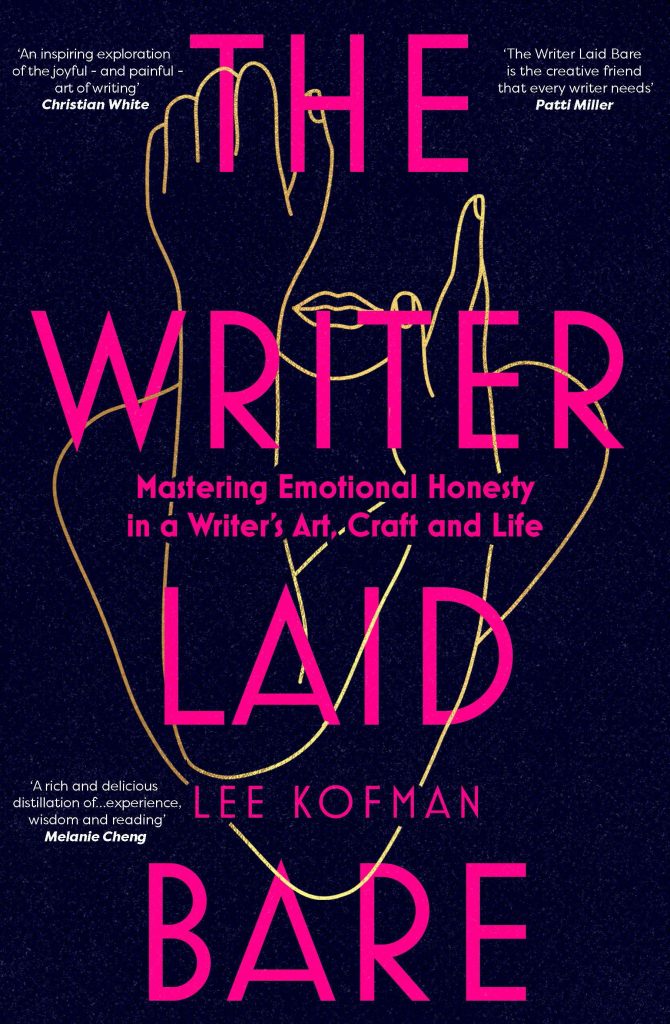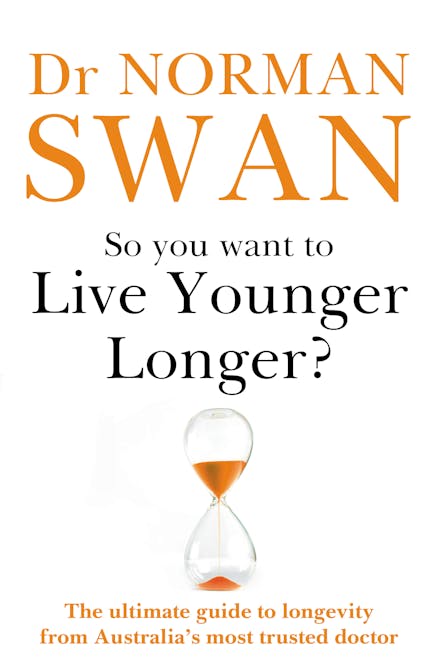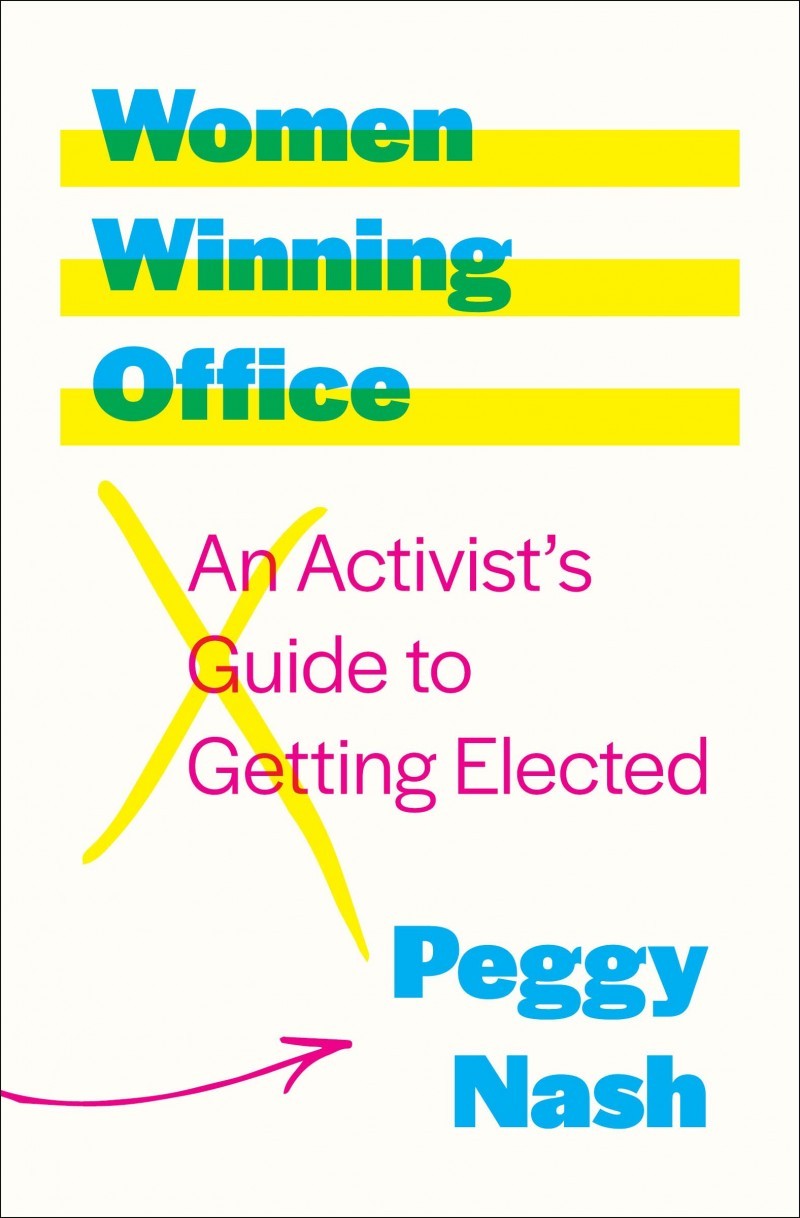Reviewed by Dale Shelabarger Lottery Corruption, U.S.A by Harold Rosen AuthorHouse November 2020, Paperback, 204 pages, ISBN-13: 978-1665506649 The game of chance has fascinated humanity for centuries, creating a compelling narrative of luck, fate, and fortune. And none is more…
Category: Non fiction reviews
A Taste of History: A review of A Place at the Nayarit by Dr. Natalia Molina
 A talented oral historian, Molina describes how her grandmother, Doña Natalia Barraza, found a place in Echo Park, a diverse neighborhood located on the eastside of Los Angeles, to open her restaurant, The Nayarit. The Nayarit, of course, is also one of the states comprising the federated nation of Mexico and the regional cuisine local to the Nayarit was the driving force of the restaurant’s menu and eventual draw.
A talented oral historian, Molina describes how her grandmother, Doña Natalia Barraza, found a place in Echo Park, a diverse neighborhood located on the eastside of Los Angeles, to open her restaurant, The Nayarit. The Nayarit, of course, is also one of the states comprising the federated nation of Mexico and the regional cuisine local to the Nayarit was the driving force of the restaurant’s menu and eventual draw.
A Review of The Sounds of Life by Karen Bakker
 Between and around the book’s hard science, the author wraps accessible and warmly told human narratives such as the tale of the dying man who on his last sea trip first realized whales communicated with each other. Thus, The Sounds of Life is filled with a certain kind of wild, brilliant charm that makes it very readable for the scientific and the nonscientific minded alike.
Between and around the book’s hard science, the author wraps accessible and warmly told human narratives such as the tale of the dying man who on his last sea trip first realized whales communicated with each other. Thus, The Sounds of Life is filled with a certain kind of wild, brilliant charm that makes it very readable for the scientific and the nonscientific minded alike.
A review of Dancing with the Muse in Old Age by Priscilla Long
 This compact 204-page handbook exhorts elders to manifest their creative passions, regardless of their past experience in creativity. The book is an invitation and a call to action. “Old age is a prime time to flourish in creative productivity,” Long says. “It is also a time to begin creative work.”
This compact 204-page handbook exhorts elders to manifest their creative passions, regardless of their past experience in creativity. The book is an invitation and a call to action. “Old age is a prime time to flourish in creative productivity,” Long says. “It is also a time to begin creative work.”
A review of The Writer Laid Bare by Lee Kofman
 One of the key tenets of The Writer Laid Bare is the importance of paying attention. This almost obsessive focus is the writers’ stock-in-trade. Kofman calls it voyeurism, but in our attention-starved culture, being able to lock onto the details contained within a moment is more than just a tool to make our work more interesting (though Kofman makes a good case for that), it’s revolutionary.
One of the key tenets of The Writer Laid Bare is the importance of paying attention. This almost obsessive focus is the writers’ stock-in-trade. Kofman calls it voyeurism, but in our attention-starved culture, being able to lock onto the details contained within a moment is more than just a tool to make our work more interesting (though Kofman makes a good case for that), it’s revolutionary.
A review of So You Want to Live Younger Longer by Dr Norman Swan
 This is a book about enjoying your life with as much vigour and health as possible by making better lifestyle choice, not about living forever through a rich-person only, ageism that requires collagen injections, placental transfusions or high colonics (even if they are the secret to Keith Richards’ longevity). Of course ageing well is a privilege. Financial security along with access to high quality food makes all the difference.
This is a book about enjoying your life with as much vigour and health as possible by making better lifestyle choice, not about living forever through a rich-person only, ageism that requires collagen injections, placental transfusions or high colonics (even if they are the secret to Keith Richards’ longevity). Of course ageing well is a privilege. Financial security along with access to high quality food makes all the difference.
A review of Women Winning Office by Peggy Nash
 Should a woman run as an independent, or as a candidate for a recognized party? In Canadian municipal politics, everyone is an independent in theory. At the provincial and federal levels, most successful candidates have a party affiliation. Nash acknowledges that independent candidates are free of strong central control and vetting; adherence to policy and discipline, and the nomination process that a party requires
Should a woman run as an independent, or as a candidate for a recognized party? In Canadian municipal politics, everyone is an independent in theory. At the provincial and federal levels, most successful candidates have a party affiliation. Nash acknowledges that independent candidates are free of strong central control and vetting; adherence to policy and discipline, and the nomination process that a party requires
Reframing History with ‘Redeclarations’ by Halim Madi
 Halim Madi, a Santa Barbara–based digital poet, highlights this ironic relationship in his new digital art project, Redeclarations, an interactive endeavor that invites viewers to write their own declarations by selecting words and phrases from the original Declaration of Independence. Madi says he opted to use parts of the original document rather than rewrite the whole thing from scratch in an attempt to “reuse the soil from which we grew as a nation to reinvent the nation itself.”
Halim Madi, a Santa Barbara–based digital poet, highlights this ironic relationship in his new digital art project, Redeclarations, an interactive endeavor that invites viewers to write their own declarations by selecting words and phrases from the original Declaration of Independence. Madi says he opted to use parts of the original document rather than rewrite the whole thing from scratch in an attempt to “reuse the soil from which we grew as a nation to reinvent the nation itself.”
A review of The Strategic Poet edited by Diane Lockward
 Aside from the illuminating value of the poetry, these modern poems are a pleasure to read. While specifically published as a teaching tool for writers of poetry, anyone who appreciates contemporary poetry should find The Strategic Poet to be a valuable addition to a personal library. On top of everything else, it’s both a challenging and a fun book to study with, filled with insight, imagination, rewarding tasks, and exceptionally fine writing.
Aside from the illuminating value of the poetry, these modern poems are a pleasure to read. While specifically published as a teaching tool for writers of poetry, anyone who appreciates contemporary poetry should find The Strategic Poet to be a valuable addition to a personal library. On top of everything else, it’s both a challenging and a fun book to study with, filled with insight, imagination, rewarding tasks, and exceptionally fine writing.
A review of Angle of Flickering Light by Gina Troisi
 Angle of Flickering Light tells an honest story. It’s the story of a life in progress, marked at its beginning by a series of small, devastating acts—a parent who should protect and cherish instead abuses.
Angle of Flickering Light tells an honest story. It’s the story of a life in progress, marked at its beginning by a series of small, devastating acts—a parent who should protect and cherish instead abuses.